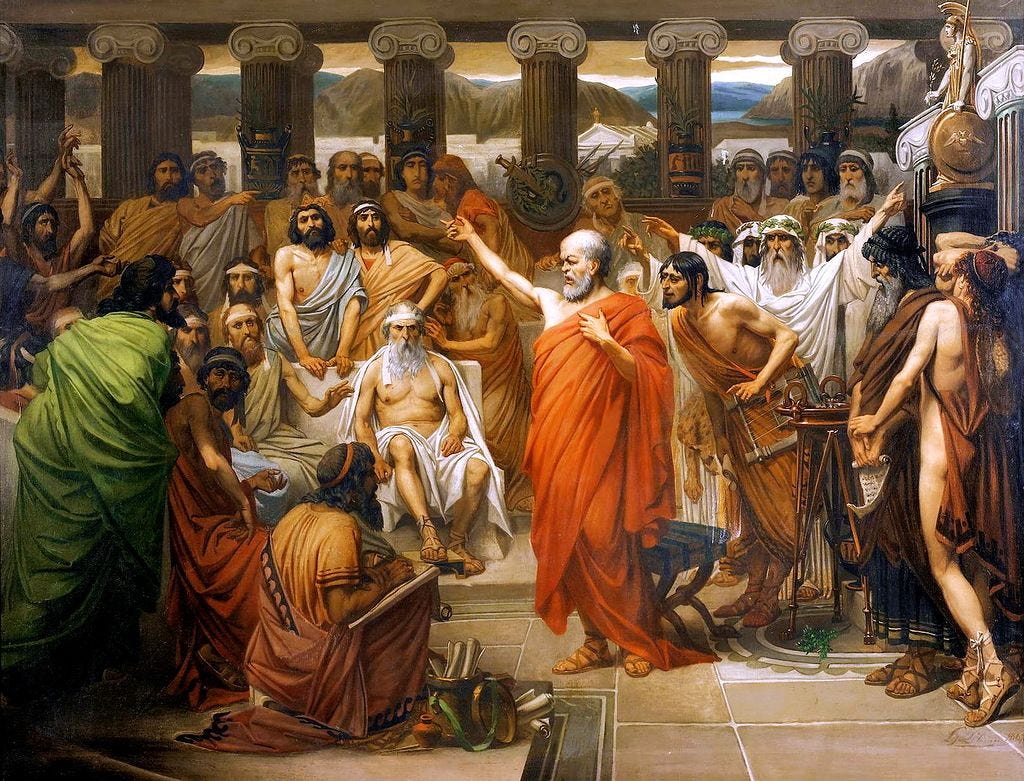The Dilemma of Choice
Freedom and Fear, Part 3
In Part 1 of this article, I noted some of the hidden racism on the right that has recently poked its head out into the light of day, and in Part 2, I noted how this reflects the phenomenon of “lost boys” who long for a template of masculinity but lack “a coherent vision of success” in life—a phenomenon that has its equivalent among angry young radicals on the left who blame their “failure to cope” on capitalism.
I ended by noting that this is a backlash against “a peculiar new kind of freedom we have achieved, a freedom from fixed and established rules and roles that dictate how our lives are supposed to play out.”
That’s the phenomenon I want to explore in this final section.
We are living at the beginning of a brave new era of choice. The scope and variety of choices available to the average person in our society is far greater than they have ever been in all of human existence—and this situation is relatively recent and sudden, so we’re having a little difficulty adjusting to it.
I am talking about “choice” here, and I may use that interchangeably with “freedom” below, so first I want to make a few necessary differentiations. “Choice” and “freedom” are words with several different shades of meaning, and the differences need to be clearly defined. Choice in the sense of volition, the act of making fundamental decisions in one’s own mind, is a faculty we always possess. But in the more everyday sense of the word, we also use “choice” to refer to the array of options available to choose from—like dining at the Billy Goat Tavern versus the brunch buffet at the Palmer House.
Similarly, freedom in the political sense means the absence of coercion. But there is also a sense in which we talk about psychological freedom (for example, “artistic freedom”), by which we mean the absence of voluntarily accepted constraints, such as artistic conventions or restrictive social mores. Below, I will talk first about freedom in the political sense, but I then will move on to talk about freedom in this psychological and cultural sense. But I want to remind people of the difference between these two senses, so we don’t conflate them.
A New Birth of Freedom
Let’s break down this vast expansion of choice into its three main components: political, economic, and cultural.
Politically, America has been a free society founded on individual rights since the beginning, and in some respects, we were more free earlier in our history than we are today. Yet in several very important respects, we are more free politically now. Certainly, the dismantling of slavery and Jim Crow and other manifestations of government-backed racism made a significant portion of our population far more free. But we can also look at cases involving freedom of speech, religious freedom, and personal freedom, particularly relating to sexuality.



